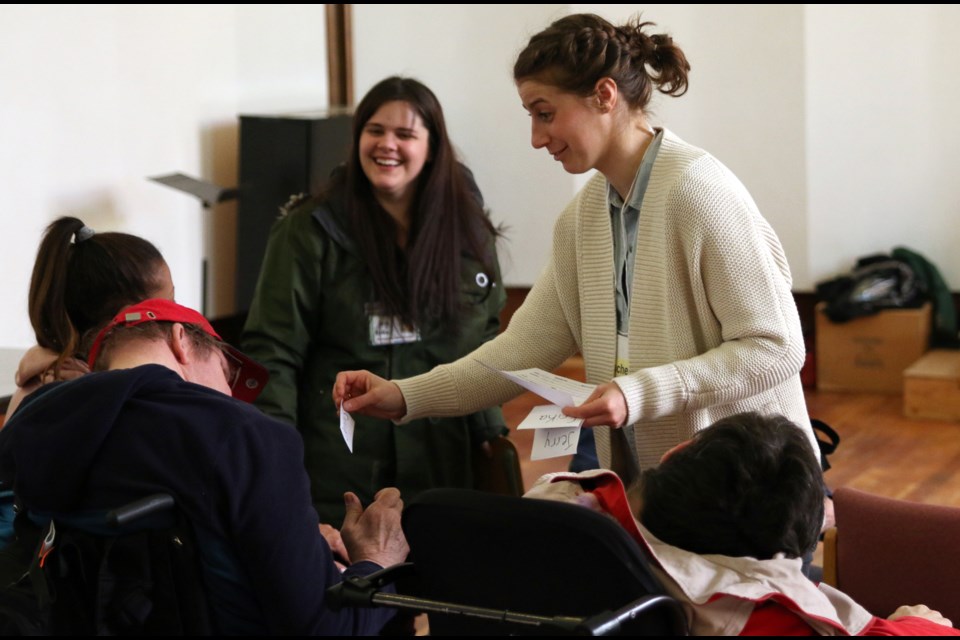THUNDER BAY - For people living with dementia, it can be difficult to form or maintain connections with other people, even family members. But those connections are still extremely important because they provide a sense of inclusion and belonging in the community.
The Urban Abbey, along with the Alzheimer’s Society of Thunder Bay and the Centre for Education and Research on Aging and Health (CERAH), is offering people living with dementia a place to belong with the launch of the city’s first Dementia Café.
“It’s a time for people with dementia and their family to come together and enjoy each other’s company, to meet new people, to enjoy some entertainment,” said Elaine Wiersma, director of the Centre of Education and Research on Aging and Health at Lakehead University.
“Because of the stigma associated with dementia, there’s not always a place for people with dementia and their families to really feel comfortable or enjoy social environments.”
The Dementia Café is the first of its kind in Thunder Bay and is open to the public for two hours, twice a month, at the Urban Abbey And offers coffee and snacks, as well as live entertainment.
Wiersma said there are many benefits to providing a space devoted specifically to people living with dementia, such as social interaction and feeling included in the community.
“The opportunity to meet new friends, the opportunity to connect with others who are having similar experiences as they are, which is really important for people’s wellbeing, and that’s for the person with the diagnosis and the family member as well,” she said.
Scotland Morrison, head of staff at Urban Abbey, said partnering with the Alzheimer’s Society of Thunder Bay and CERAH allowed them to work with the community and provide a safe and welcoming space to people who can often feel marginalized.
“We are a 24-hour a day space opened to the community,” he said. “This is one of the best ways to bring in a segment of the population who is sort of in the twilight of their lives but also looking for meaningful connecting points in the community and a place they can also call home.”
Morrison added that his own grandmother is experiencing dementia and there are limited spaces where caretakers or family members can comfortably bring someone who is living with dementia, but he is hoping the Dementia Café will provide that space in the city.
“Having staff that are trained in working with people who are experiencing this aspect of our lives is also helpful,” he said. “Everybody involved is coming into a peaceful, professional, and welcoming environment.”
And that environment is meant to provide a dementia friendly space, so people who may struggle with making connections, both old and new, can still connect with others.
“What we have learned from our own work and the research is that it’s so important for people with dementia and their families to be able to connect together,” Wiersma said. “That means people are welcomed here no matter who they are, no matter what kind of situation they might be in related to dementia.”
The Dementia Café will be open to the public at the Urban Abbey twice a month on Sunday’s from 2 p.m. to 4 p.m. For more information about days and times the Dementia Café will be held, visit the Urban Abbey website.
